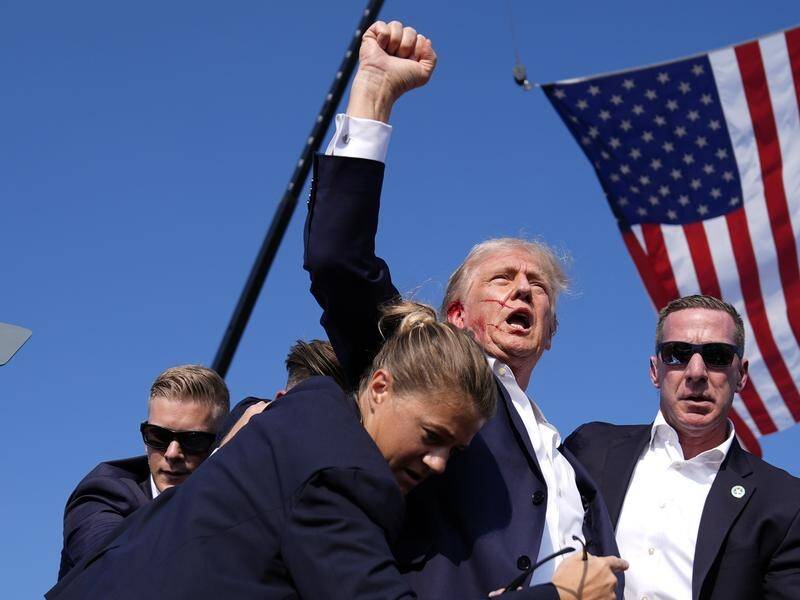 The recent attempted assassination of President Donald Trump has sent shockwaves through the political and financial world. The potential impact on markets and global stability cannot be understated. As the investigation unfolds and the world watches closely, it’s important to analyze the potential repercussions on various financial sectors.
The recent attempted assassination of President Donald Trump has sent shockwaves through the political and financial world. The potential impact on markets and global stability cannot be understated. As the investigation unfolds and the world watches closely, it’s important to analyze the potential repercussions on various financial sectors.
Historically sensitive to political unrest, equity markets could face increased volatility. Concern over the President’s security and U.S. policy coherence might prompt investors to gravitate toward safer assets, possibly triggering equity sell-offs and dampening both consumer and business confidence.
Equity markets have historically reacted to political instability with volatility. The uncertainty surrounding the President’s safety and the potential implications for U.S. policy could lead to increased market fluctuations. Investors may become more cautious, leading to a potential sell-off in equities as they seek safer assets. Furthermore, any perceived threat to the stability of the U.S. government could lead to a decrease in consumer and business confidence, impacting economic growth.
The bond market could also experience significant movement in response to this event. Traditionally, government bonds are considered safe-haven assets during times of political turmoil. As a result, we may see an increase in demand for U.S. Treasury securities, leading to a decrease in yields. This could have widespread implications for interest rates and borrowing costs, affecting various industries and sectors.
The foreign exchange market is another area that could be impacted by the attempted assassination. The U.S. dollar is often seen as a safe-haven currency, but any perceived instability in the U.S. government could lead to a depreciation of the dollar against other major currencies. This could have implications for international trade and investment, as well as for multinational corporations with exposure to currency risk.
Commodity markets, particularly oil and gold, could also experience significant movements. Geopolitical uncertainty often leads to an increase in oil prices as investors factor in potential supply disruptions. Additionally, gold is traditionally seen as a safe-haven asset, and any perceived threat to global stability could lead to an increase in demand for the precious metal.
In addition to financial markets, the attempted assassination could have broader geopolitical implications. It could impact U.S. foreign policy decisions, particularly in relation to ongoing trade negotiations and diplomatic relations with other countries. Furthermore, it could lead to increased geopolitical tensions and uncertainty, which could have far-reaching effects on global stability.
As the situation continues to unfold, it’s important for investors and market participants to closely monitor developments and assess the potential impact on their portfolios. While it’s crucial to remain vigilant, it’s also important to avoid making knee-jerk reactions based on speculation. Instead, a measured and informed approach is necessary to navigate the potential implications of this event on financial markets and global stability.
Views: 0

